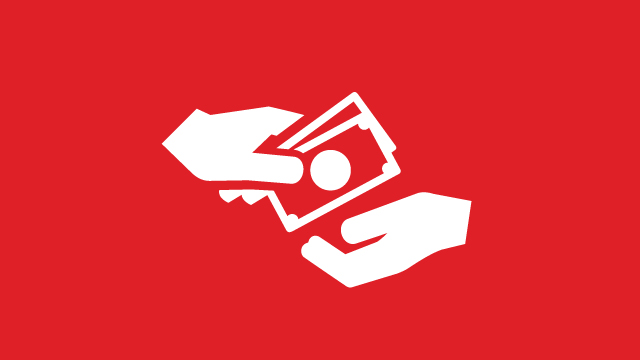 ISTOCK, APPLEUZRRead through a paper in a reputable medical journal, and chances are that if its authors have a conflict of interest related to its contents—if they receive licensing payments for the technology described, for example, or research funding from industry—that information will be disclosed. But if the journal editor who decided to publish the paper has such a conflict of interest, that information is unlikely to be so easy to find.
ISTOCK, APPLEUZRRead through a paper in a reputable medical journal, and chances are that if its authors have a conflict of interest related to its contents—if they receive licensing payments for the technology described, for example, or research funding from industry—that information will be disclosed. But if the journal editor who decided to publish the paper has such a conflict of interest, that information is unlikely to be so easy to find.
In two studies published late last month in PeerJ (October 20) and The BMJ (October 26), researchers ran the names of editors of 35 (PeerJ) and 52 (BMJ) top US-based medical journals through the Open Payments database and found that the majority—63 percent of physician-editors in the PeerJ study, and just over half of higher-ranking editors in the BMJ study—had received industry payments in recent years.
STAT notes that in the BMJ report, the median take among the editors receiving industry funds in 2014 was just $11. However, two received more than $1 million each.
“[J]ournal editors are the ones who choose which manuscripts are sent out for peer review, who those peer reviewers are, and ultimately decide what gets published and what doesn’t. Because ...














